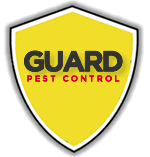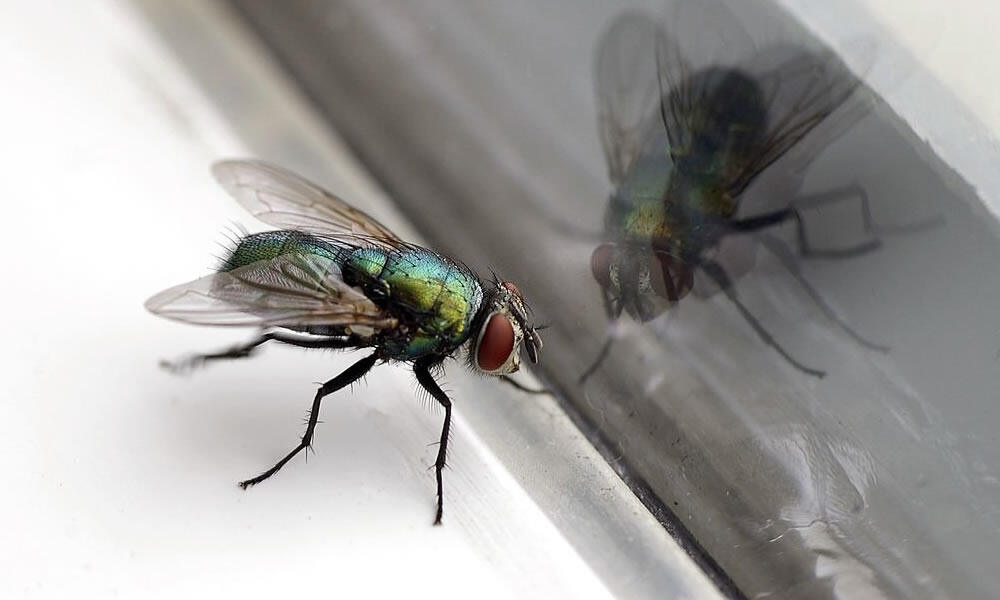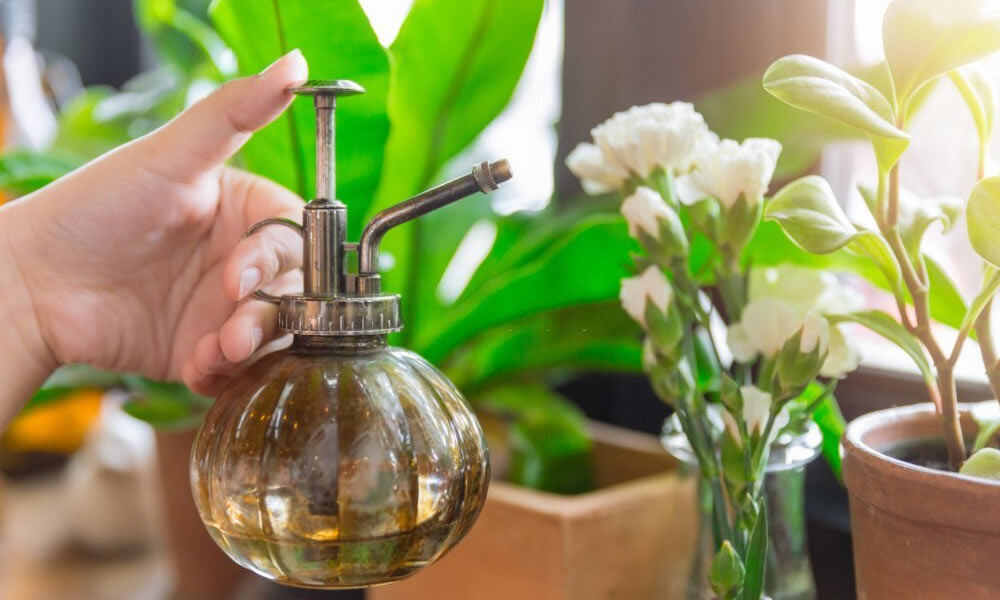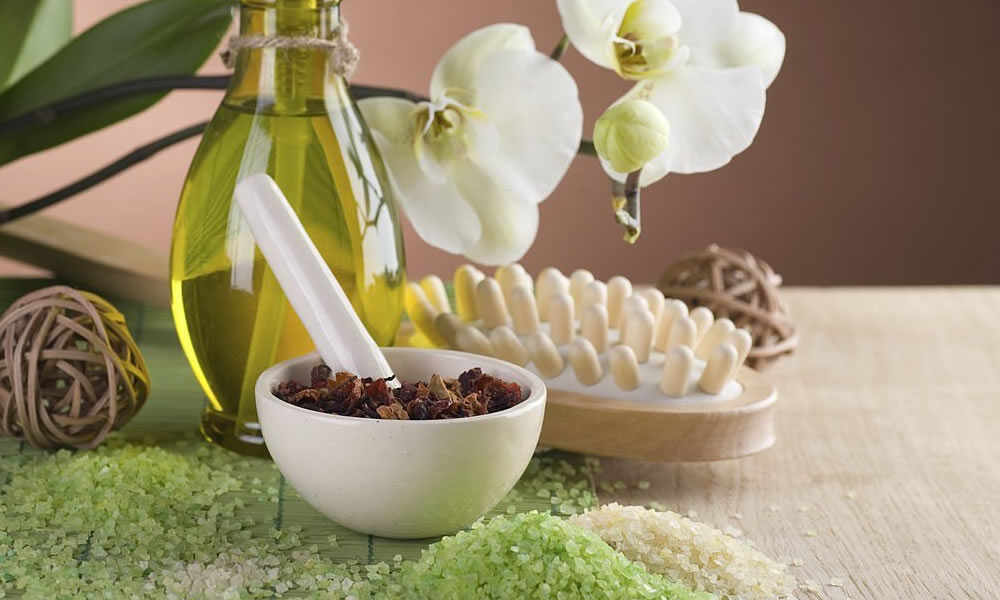Top Ten Natural Pesticides
The Best Ways to Control Pests Naturally
Cockroaches invading your kitchen? Ants making a beeline for your bathroom? Termites chomping down on your wood structures? You’re better off calling in your pest control company if there are pests in your home. However, before picking up the phone, try to ward off the invaders with natural pest control methods. They are generally much safer to use and pose less risk to the environment than chemical pesticides.
Among the health risks associated with synthetic pesticides are:
- Eye and skin irritation
- Nausea and vomiting
- Seizures
- Muscle weakness
- Respiratory tract irritation
- Sore throat
- Asthma
- Headaches
Instead of resorting to chemical pest repellents from supermarkets, try the following types of green pest control.
In no particular order, here are the top ten natural pesticides.
1. Coffee Grounds
While many humans love a strong, delicious cuppa, pests can´t stand the smell of coffee. Ants, slugs and snails are just some of the little critters repelled by the brew. Therefore, place leftover coffee ground in spots where you think insects may be entering.
2. Garlic
Garlic´s strong aroma acts as a powerful repellent for many types of pests such as ants, aphids, caterpillars, beetles, slugs and whiteflies. There are several approaches you can take. For example, if you don´t object to the smell, peel a few cloves and leave them at insect entry points such as tiny cracks in walls. You can also create a spray by crushing a few garlic cloves, adding them to half a cup of water, and leaving the concoction overnight. Mix in some dish washing soap the next day and pour in a spray bottle. Then you´re ready for action.
3. Cinnamon
The pungent odour of cinnamon acts as a good repellent for numerous pests such as wasps, ants, silverfish, spiders, flies, mice and mosquitoes. Grind a few cinnamon sticks and sprinkle the powder around your home, or place cinnamon sticks at known insect entry points.
Cinnamon essential oils have been shown to kill ants at specific concentrations. Just mix a few drops with water and spray the affected areas.
4. Mint Leaves
As well as being a delicious addition to salads and a range of dishes, mint is an excellent insect repellent that can keep spiders, ants and mosquitoes away from your home and yard. Pests detest the fragrance emitted by the plant. Put some dried mint leaves in half a cup of water, boil and leave standing for a couple of hours. Then strain the leaves and add to a spray bottle.
5. Cucumber
The scent coming off cucumbers is enough to keep ants away. The peel contains a compound (trans-2-nonenal) that is toxic to a type of fungi ants feed on. To make your ant problem a thing of the past, place slices of cucumber peel at ant hot spots in your home or business.
6. Citrus Aromas
The fresh, zesty citrus smell of fruits like oranges and lemons drives many pests away. Leave peel slices in parts of the home where insects have been seen. Another option is to rub peel into the surfaces where pests congregate.
7. Basil
Basil is an insect repellent herb that can keep numerous pests at bay, such as mosquitoes and flies. All you have to do is place basil plants in strategic locations, such as next to doors and windows, and the herb´s strong aroma will do the rest.
8. Lavender
Lavender contains a compound called linalool that is known to repel flies, ticks, moths, mosquitoes and mice. There are lots of ways you can use lavender to keep pests out. For example, whip up a lavender spray by mixing a few drops of oil with water in a spray bottle. Another excellent option is creating lavender sachets with dried flowers.
9. Neem Oil
Neem oil has been used for centuries as a pest repellent and is found in seeds of the neem tree. One of neem´s active ingredients is a chemical called Azadirachtin which repels insects and can even interfere with some insect body systems.
Neem oil is effective against several types of insect pests, including mites, aphids, whiteflies, termites and cockroaches. According to a study in the International Journal of Research in Biosciences, neem oil is lethal to young cockroaches.
To make your neem oil pesticide add one or two tablespoons of neem oil to a gallon of water and mix in one or two tablespoons of mild dish detergent. Then pour the mixture into a spray bottle, and you´re ready to go.
10. Eucalyptus Oils
Eucalyptus oil is good for repelling mites, aphids and flies. Dab a few drops of eucalyptus essential oils to a cloth and leave in strategic areas.
Conclusion
You can create powerful pest repellents with a few natural ingredients that you probably have lying around your home already. Not only will you keep the insects and other pests out, but you´ll protect your health and the planet by steering away from synthetic pesticides.



